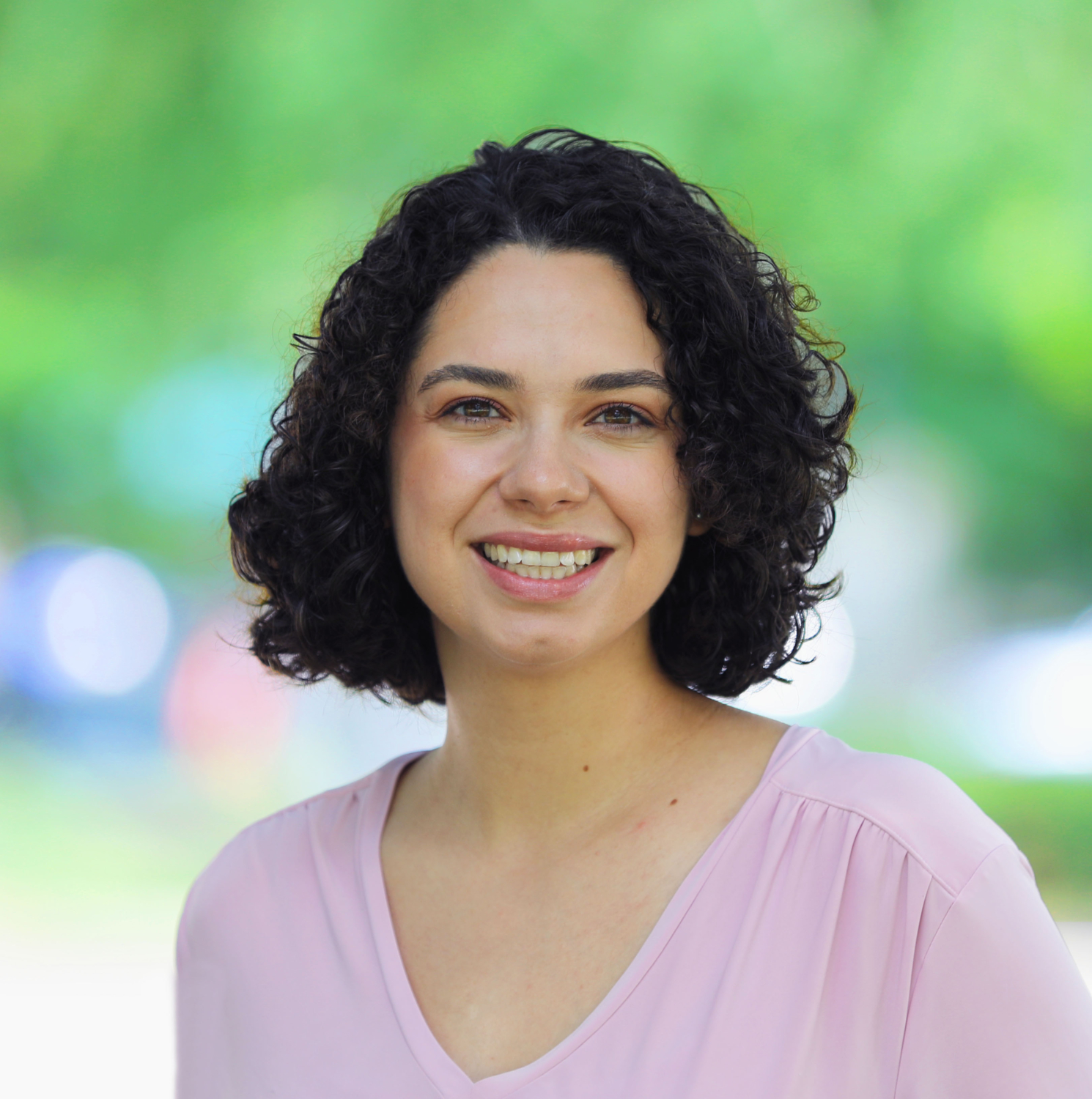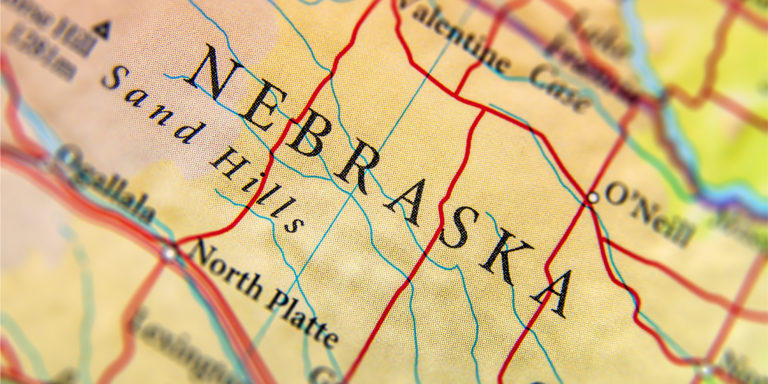Happy Birthday, Milton!
Milton Friedman, renowned for his revolutionary theories on monetary policy and his staunch advocacy for individual liberty, was more than just an influential economist. He was also a fervent advocate of school choice.
Long before recent legislative wins to expand choice to thousands of parents and students across the country, Milton Friedman dreamed of a system of choice for families regardless of color or creed. Almost 68 years ago, Friedman’s earliest writings in “The Role of Government in Education” discuss a voucher system where parents have choice of where to send their children to schools that meet minimum government standards. Friedman fervently believed in the transformative power of giving parents the agency to choose the best educational environments for their children.
Milton Friedman and his wife, Rose, didn’t just theorize on the merits of educational freedom; they acted to institutionalize it by founding the Milton and Rose D. Friedman Foundation for Educational Choice, later renamed EdChoice according to their wishes.
In honor of this, several members of our EdChoice team have shared their favorite Milton quotes, along with why they matter and why others should learn more about Milton.
“A society that puts equality – in the sense of equality of outcome – ahead of freedom will end up with neither equality or freedom. The use of force to achieve equality will destroy freedom. On the other hand, a society that puts freedom first will, as a happy by-product, end up with both greater freedom and greater equality. Freedom means diversity but also mobility. It preserves the opportunity for today’s less well-off to become tomorrow’s rich, and in the process, enables almost everyone, from top to bottom, to enjoy a richer and fuller life.”
I’m fond of this quote as the fourth sentence sums up what I believe we try to do at EdChoice. “Freedom means diversity but also mobility.” Educational freedom is transformative in nature; we know not everyone has the same opportunity/means to move into a “good” or “preferred” school district. Without true freedom and choice, mobility is stagnant. Choice means chance; it’s an opportunity to better circumstances for your children and your children’s children.
– Sarah Bosso, Director of Strategic Partnerships and Events
“Underlying most arguments against the free market is a lack of belief in freedom itself.”
There can be no liberty without economic liberty. The beauty of true capitalism is that no exchange can take place unless both parties benefit – no one can be compelled by force to do otherwise. This is central to any free society. This quote was featured in Friedman’s book, Capitalism and Freedom.
The embrace of Milton Friedman’s vision for economic policy has inspired and uplifted millions of people from poverty around the world. We have seen levels of prosperity never seen before in human history. This is something we should all celebrate.
– Ed Tarnowski, State Policy Associate
“Remember vouchers are a means not an end. The purpose of vouchers is to enable parents to have free choice, and the purpose of having free choice is to provide competition and allow the educational industry to get out of the 17th century and get into the 21st century and have more innovation and more evolvement.” From MSNBC interview in 2003
I like this [quote] because it reminds us that a particular policy victory is not what is important. It’s what people do with it. “Choice” to me has always been about letting people do what they want to do to enhance their own lives in the way they see fit, not us prescribing what kind of schooling is best, or even what they should want out of schooling. Choice is also a necessary component for innovation of the entire educational experience, which in my opinion is desperately needed to improve educational and life outcomes for most people.
The interview seemed to be premised on the idea that vouchers were ascendent and that Milton, as the “grandfather of vouchers” should feel victorious. He rightly shut the notion of victory down and as always was prescient in noticing that we were only at the very beginning of a long journey. That was 20 years ago.
Milton’s style is what always resonated with me. He was clear and direct in his thinking and communication. While he was confident, he didn’t oversell himself or his idea. He freely admitted that he didn’t know everything or how all of his ideas would work out, and that didn’t bother him. He didn’t personalize policy arguments. He could eviscerate someone’s idea without tearing down the person. He smiled a lot. Our society would be better off if we followed his example, in my opinion.
– Brian McGrath, Vice President of External Relations
“Systems never learn, only people learn.”
I love this quote because it points out the lack of humanity in systems. Systems only look out for themselves.
We should celebrate Milton for his wisdom and foresight into the nature of human behavior and morality, especially when it comes to free will. Loss is equally as important as profit, though often overlooked. Allowing people the freedom to make mistakes is a tough pill to swallow, and I can think of few others who expressed this sentiment so eloquently.
– Jacob Vinson, Art Director
“Education spending will be most effective if it relies on parental choice and private initiative – the building blocks of success throughout our society.”
This is my favorite quote because it rings louder today than ever before with the number of states choosing to spend more wisely on education by passing universal choice programs in the last few years. We saw the power of private initiative during the pandemic when small parent groups in communities throughout the country formed learning pods because their children weren’t receiving the education they needed at the time due to school closures.
And we saw a rise in popularity for alternative forms of education like home schooling, private schools, charter schools, and micro-schools. We’ll continue to see more and more parents in the driver’s seat for their children’s education, and the creation of new and interesting ways for children to learn.
Milton’s legacy remains strong, especially in the education policy arena. Celebrating Milton reminds us of the importance and necessity of individual freedom as a foundation for any modern society.
– Marty Lueken, Director of Fiscal Research & Education Center
“I believe the problem in this world is to avoid a concentration of power. To have a dispersal of power. That unless we have a dispersal of power we will not be able to maintain a free society.”–From Big Business, Big Government
Milton Friedman was crystal clear that he was pro-free enterprise, not pro-business. He did not want to see power concentrated anywhere in society—not in the government, not in large corporations, nowhere. His belief in economics echoes James Madison’s thoughts on government in Federalist 10. Factions, as Madison called them, will always emerge as like-minded people band together to pursue common interests. The key to government (and to economics) is to never allow one faction to control all the rest. That is when tyranny happens.
I love this quote because it flips the caricature that many people have of the free market movement on its head. Anyone who has studied economics for more than 20 minutes realizes that businesses are constantly working to tilt the playing field in their favor. Supporting the free-market means opposing efforts by the business lobby to thwart the free market and consolidate power.
– Mike McShane, Director of National Research
“The tragedy, and irony, is that a system dedicated to enabling all children to acquire a common language and the values of U.S. citizenship, to giving all children equal educational opportunity, should in practice exacerbate the stratification of society and provide highly unequal educational opportunity.”
This is my favorite quote because it sums up the problem with K-12 education so clearly. This quote is part of a small number of quotes that lead me to believe that Milton Friedman was committed to ensuring success for the least among us by advocating for choice for all of us.
– Robert Enlow, President and CEO
“The important thing is to make it politically profitable for the wrong people to do the right thing.”
His willingness to speak the harsh truth about modern day politics and politicians is a beacon of light in a sea of misinformation and political games we find ourselves in today. This quote refers to judging the results not the intentions of an idea. He had seen the story too many times to mince words or hope “this person will finally be the one to make things right.” The right thing to do often gets lost in the mud of politics or, more pessimistically, is used only as a political tool to obtain power.
There are three parts to this idea: the political profits, the politicians, and the good outcomes. We always want to tweak the second part of the equation, the politicians, and hope the next one will get to the good outcomes. If the politicians are the car, the political profits are the engine. Those are malleable and much more effective when change is needed to drive home. Milton was dead right with this and, thankfully, willing to speak it clearly.
– Colyn Ritter, Research Associate
“Economic freedom is an essential requisite for political freedom. By enabling people to cooperate with one another without coercion or central direction, it reduces the area over which political power is exercised.”
– Paul DiPerna, Vice President of Research and Innovation
“Only a crisis – actual or perceived – produces real change. When that crisis occurs, the actions that are taken depend on the ideas that are lying around. That, I believe, is our basic function: to develop alternatives to existing policies, to keep them alive and available until the politically impossible becomes the politically inevitable.” Capitalism and Freedom, 1962
This is my favorite quote because good policy research will be motivated by accuracy and insight, not immediate results.
There is a reason people across the political spectrum consider Friedman one of the great public intellectuals of the 20th century. He made crucial contributions to his academic field, for example, A Monetary History of the United States. He was an innovative political thinker. People underestimate just how counter-cultural his emphasis on individual freedom was at the time. And he cared deeply enough about ideas to present them to anyone who would listen, from a layman PBS audience to excitable college kids to people of opposite political dispositions.
– John Kristof, Senior Research Analyst
This quote speaks so much to the moment we are in: A period of unprecedented reform that was born out of a once-in-a-lifetime pandemic. In my role at EdChoice, I often speak with members of the media who seek to understand why so many new, universal school choice programs were created this year. I find myself referring to this quote because, in my opinion, it explains so perfectly how The Year of Universal Choice came about.
Overnight, every family in the country became a homeschooling family. For many, this went on for well over a year. We all knew we couldn’t go back to the way schooling was pre-Covid. Fortunately, thanks to Milton Friedman’s legacy, EdChoice and our partners across the country had really good ideas lying around at just the right moment, which is why nearly one-in-five students now reside in a state with universal or near-universal choice.
– Chantal Lovell, Vice President of Communications



